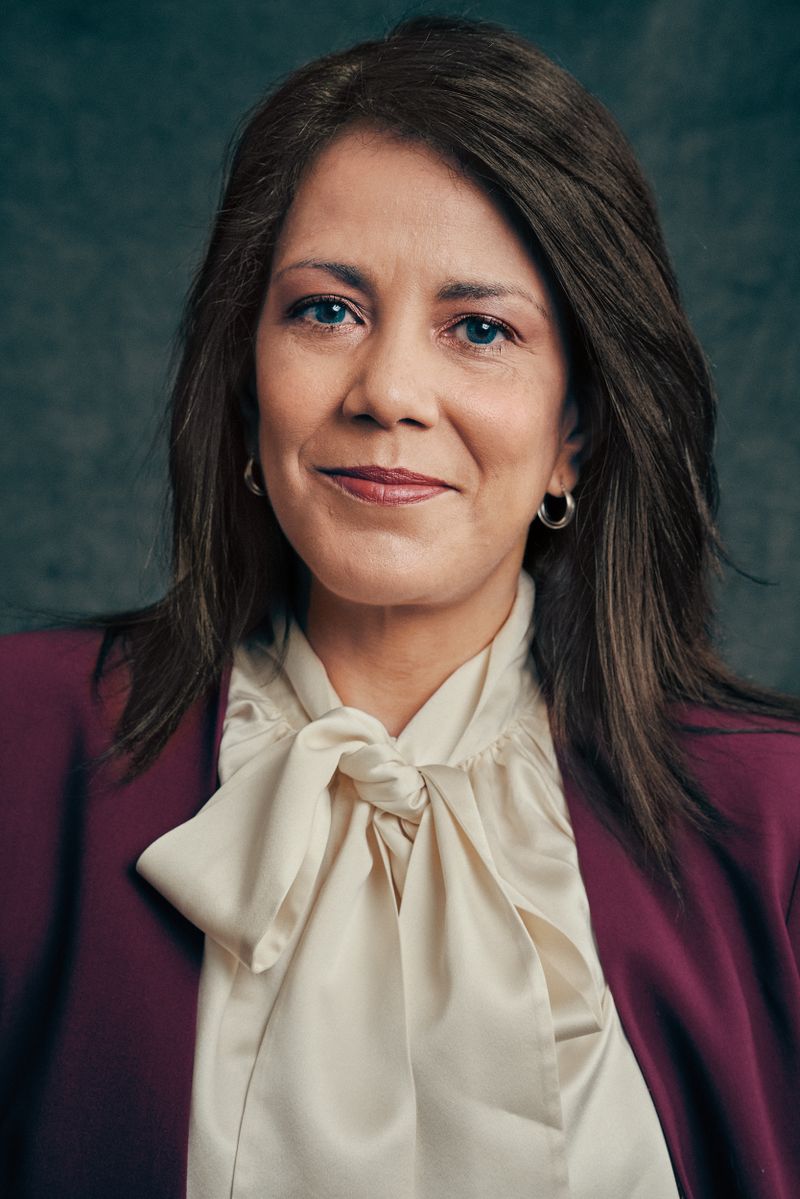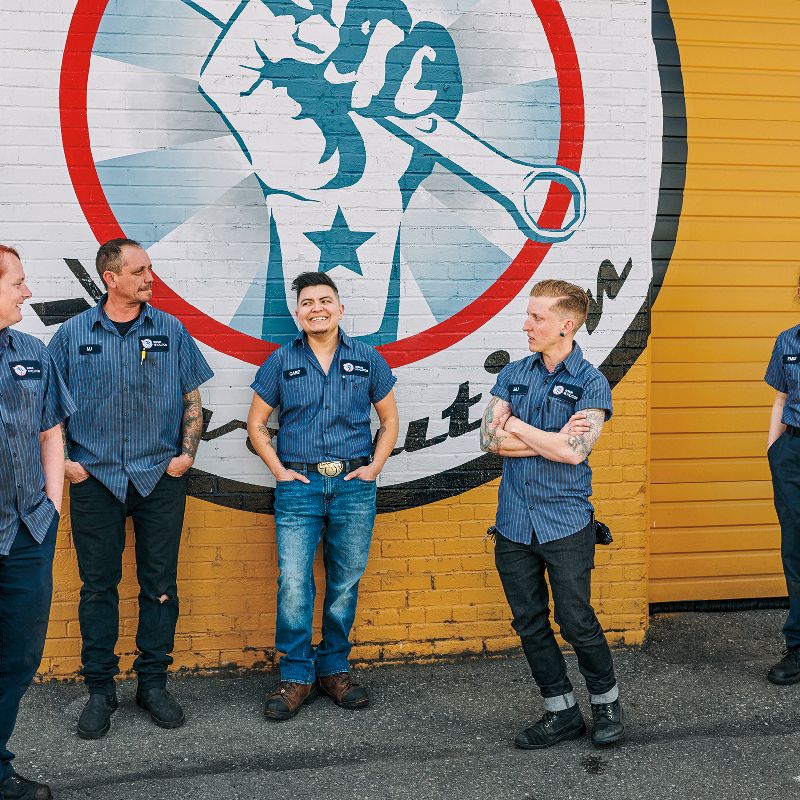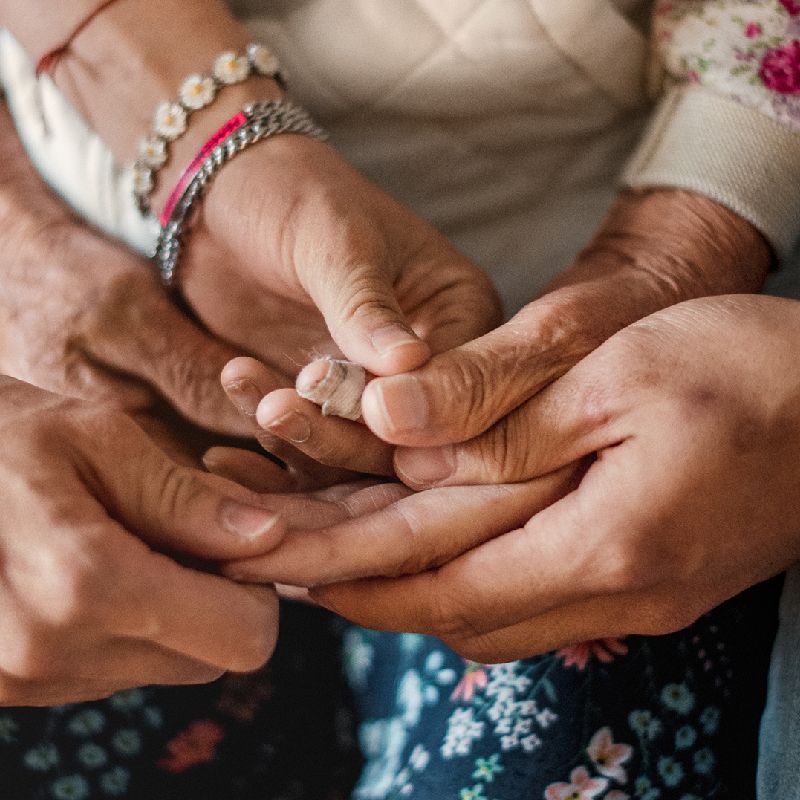U.S. search interest for cuentos para dormir reached a record high in 2021.
De La Isla’s early shutdown and collective approach to facing the pandemic was a feat of organizing. She implemented creative solutions to help her constituents, including a city-backed web page to combat the spread of disinformation and even a livestream of the mayor herself reading picture books to keep children entertained. De La Isla, who grew up in Puerto Rico before moving to Kansas in 2000, speaks about the challenges she faced and her decision to step away from politics at the end of her term to take a job in philanthropy.
De La Isla: there would be a time to show that you’re a good leader, this was it. The level of communication that we needed to be successful with different stakeholders was crazy. Not only that, but you put that in the backdrop of a heated election that made a medical issue a political issue and that divided our country in a way that mayors typically never had to deal with. It was a very challenging experience that, ironically, I’m grateful that I’ve had to serve my community in this capacity during this very trying time. We were pretty bold, and we shut down the city before we even had a case. Some people thought that we were crazy, but I was really comfortable with that decision.
We tried as much as we could to give our community a space to feel like they were participating. I was like, “Let’s do a warmline. Let’s figure out how to get calls for people who are lonely in their home and they’re not having any human interaction.” So we figured that we could have a line that people could call in and just have somebody to talk to. I remember when we had the issue that the schools were not able to keep up feeding the kids, so we brought in the churches. It was just about having all these groups of constituents together, constantly working and feeling like they were engaged in the process all the way.
“It was a very challenging experience that, ironically, I’m grateful that I’ve had to serve my community in this capacity during this very trying time.”
This year, U.S. search for how to be a leader hit the highest level ever.
It was very important to me and to our team to ensure that everybody had truthful information, that people had spaces in which they could disagree and ask really poignant questions so that, eventually, we could come to a shared understanding that we want to save lives. A lot of the debate started slowing down when they understood that our number-one goal was, you know, “We don’t want people to die. We don’t want to stop your freedoms.” Even though they disagreed, people were a little bit more willing to collaborate and cooperate. Our hospitals not once, not once, even in the most critical times, turned away our local residents. I’m so proud of the fact that we were able to keep our community safe. I’m just grateful that we’re where we’re at right now.
I feel like it’s time for me to heal from the last few years. I came into the city after the fatal shooting of a Black male shot by two white officers. That was a year of no rest, of trying to understand things that, as a woman of color, I did not understand that were happening under my own nose and in my community. I was coming into a crisis. It was a process of education and a lot of stress. And right after that, we had the pandemic, and then I had a congressional race, and then I had COVID this year, and I’m still trying to heal from that. So after almost nine years, I feel like I have given my community probably the best years of my life, and I feel like right now it’s time for me to be able to feed my soul and the philanthropic work that I’m doing. The other thing is that for me, politics is not a career. It’s a service, and the best thing that you can do is leave something better so that somebody else can come in and keep capitalizing on those successes. It’s time for new stuff, and it’s time for me to heal.


